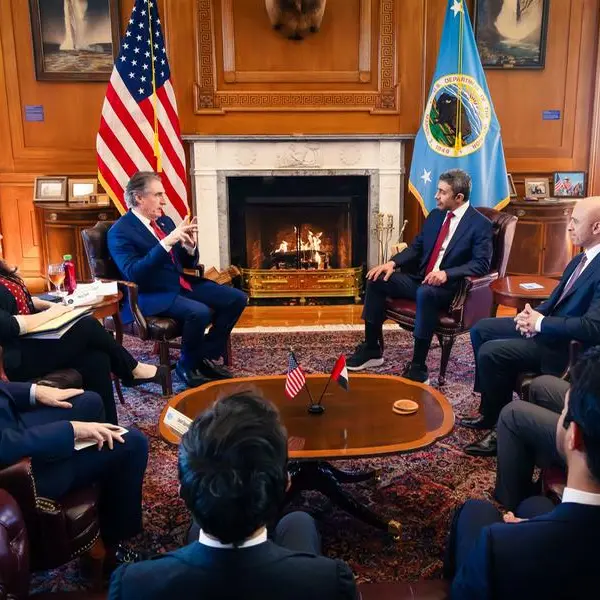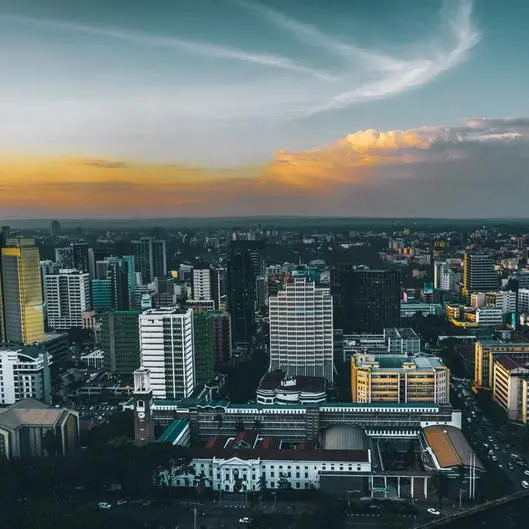WASHINGTON- Legislation to create a 9/11-style commission to investigate the deadly Jan. 6 U.S. Capitol attack by a mob of former President Donald Trump's supporters suffered a serious setback on Tuesday when House Republican Leader Kevin McCarthy came out against it.
Repudiating a deal announced last week by the top Democratic and Republican members of the House of Representatives Homeland Security Committee, McCarthy said in a statement: "I cannot support this legislation."
McCarthy is a close ally of Trump. Hundreds of Trump supporters stormed into the Capitol, interrupting the formal congressional certification of President Joe Biden's election victory, fighting with police and leaving five dead including a Capitol Police officer.
Some Republicans have sought to downplay the violence at the Capitol.
McCarthy complained that Democrats refused to broaden the scope of the planned commission to include 2020 protests in many U.S. cities against racism and police brutality and a 2017 shooting that seriously wounded congressman Steve Scalise, the No. 2 House Republican, during a practice at a baseball field.
Neither of those incidents were related to the Jan. 6 violence at the Capitol.
McCarthy also noted that several congressional committees already are investigating the Capitol attack. His announcement came shortly before the House Rules Committee began considering the bipartisan legislation to create the commission.
Lawmakers had squabbled for months over the makeup and operation of the panel.
A seeming breakthrough came last week when legislation was announced giving Democrats and Republicans equal opportunity in choosing commissioners for the special panel and requiring that Democrats and Republicans on the commission approve witness subpoenas before they could go forward. Both were key demands being made by Republican leaders.
The bill being considered on Tuesday by the Rules Committee would establish a bipartisan commission of 10 experts to investigate the causes of the attack, security shortcomings and intelligence information leading up to Jan. 6. The panel would be directed to release a final report by Dec. 31.
The planned commission would be similar to one that examined the Sept. 11, 2001, attacks on the United States by al Qaeda militants and made sweeping recommendations.
The Capitol rampage came after Trump gave an incendiary speech to his followers, repeating his false claims of a stolen election. Trump, who was impeached afterward by the Democratic-led House on a charge of inciting insurrection, continues to falsely claim the election was marred by widespread fraud.
House Republicans last week ousted Representative Liz Cheney from their leadership for rejecting Trump's falsehoods.
Trump's activities would likely become a focal point, as the legislation explicitly charges the commission with looking into "the influencing factors that fomented such attack." The probe also would be expected to examine intelligence failures ahead of the attack and why it took hours for National Guard troops to reinforce the overwhelmed Capitol Police.
A vote on the bill by the full House is expected later this week.
More than 400 people have been arrested for taking part in the violence, which left dozens of law enforcement officers injured.
During a House hearing last week, Republican Representative Andrew Clyde said it would be "a bold-faced lie" to label the events of Jan. 6 an "insurrection." Instead, he likened the events of that day to "a normal tourist visit."
(Reporting by Richard Cowan; Editing by Scott Malone and Peter Cooney) ((Richard.Cowan@thomsonreuters.com; Reuters Messaging: richard.cowan@thomsonreuters.com; 202-898-8391; Reuters Messaging; richard.cowan.reuters.com@reuters.net))




















